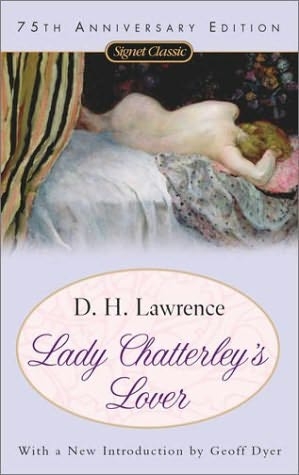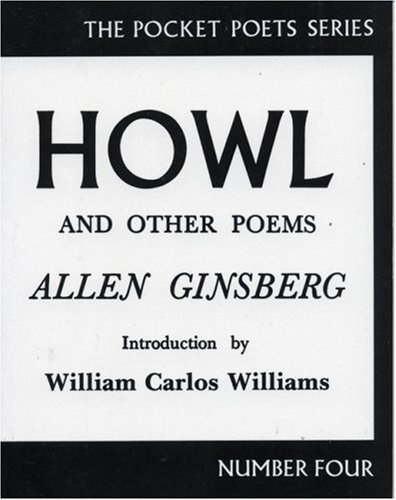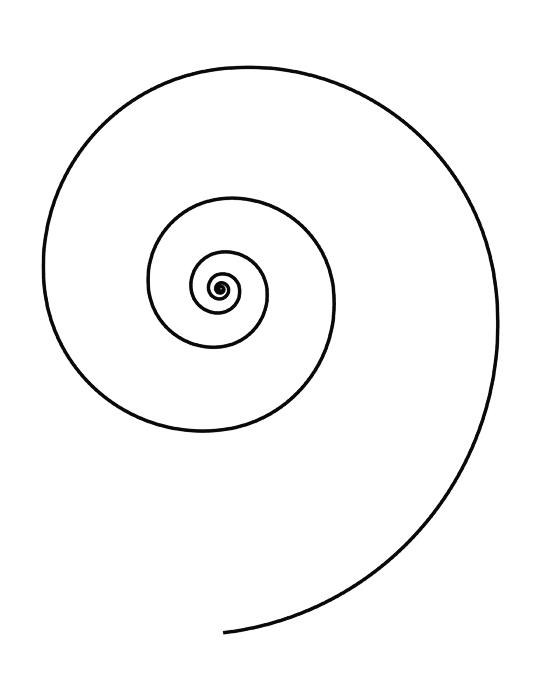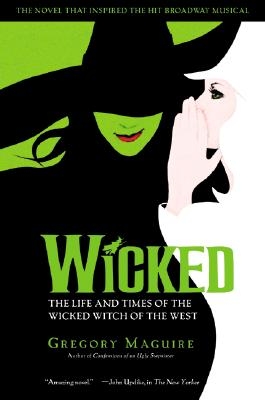|
|
LITR 3731 Creative Writing 2009 Student Poetry Submissions w/ Revision Accounts |
|
Paul Acevedo
The Censor Ship
sails across the nation’s seas,
its zealous crew voyaging
toward obscenities ―
so many objectionable things
to war upon,
endless volumes of ideas
new, different, aberrational.
The Moral Navy drops
anchor and fires upon
the wickedness of Wicked,
Lady Chatterly’s infidelity,
and sodomitic “Howl” ―
perhaps no longer burnable,
so the ship sinks them.
We’re so lucky the Censors
sail over us,
firing their cannons on
the indecent canon.
The wind of change
is dangerous, incredible
and our minds
so weak, vulnerable.
Think of what would happen
if we had to think for ourselves.
[The version above is a revision submitted at finals. The version below appeared as the original midterm submission.]
The Censor Ship
sails across the nation’s seas,
its zealous crew voyaging
toward obscenities ―
so many objectionable things
to war upon,
endless volumes of ideas
new, different, aberrational.
The Moral Navy drops
anchor and fires upon
the wickedness of Wicked,
Lady Chatterly’s infidelity,
and sodomitic “Howl” ―
perhaps no longer burnable,
so the ship sinks them.
We’re so lucky the Censors
sail over us,
firing their cannons on
the indecent canon.
The wind of change
is dangerous, incredible
and our minds
so weak, vulnerable.
Think of what would happen
if we had to think for ourselves.


Paul Acevedo
October 3, 2009
A Sordid Tale of Revision and Murder
The last non-haiku poem I wrote was 9 or 10 years ago. I do not hate poetry, but I would say that I enjoy less than half of the poems I read. In writing “The Censor Ship,” I initially struggled to decide on a subject. Once I found an idea that I really liked, the rest of the experience was actually fun. In another class, I read an essay on library censorship. This helped me create the image of a ship that censors. I like plays on words and I abhor censorship, so I knew I was on to something.
Next I did some reading about banned books, seeking material for allusions. The Bluest Eye by Toni Morrison and Bless Me, Ultima by Rudolfo Anaya are two I considered because I know my instructor likes them. I am no fan of Bless Me, Ultima so that was out. But The Bluest Eye is an all-time favorite book. Unfortunately I could never find a way to work it in. Instead I first used Lady Chatterley’s Lover. It’s a great selection because it faced obscenity challenges not only when first published in 1928 but again in the 1960’s. Plus this poem is loosely modeled after “The English are So Nice” by the same author, so I had to use it. I also wanted a contemporary text. Wicked by Gregory Maguire won out because I love retellings of classic stories, it is thematically rich, and it had recently been challenged in a New York high school (Doyle). Another book I would have enjoyed referencing but did not was Grendel by John Gardner.
After finishing the first draft, I shared it with my girlfriend Sarah. She took issue with the repetition of ‘think’ in the last two lines: “Think of what would happen / if we had to think for ourselves.” I disagreed with her idea of using a synonym for think. I like the single-syllable stress of think (“Think!”), plus the repetition was deliberate. If you can’t hammer home your message at the end of a poem, when can you? But I agreed with another point she brought up. “I also think you should include a third example of a banned book in the second stanza, because the "all too horrid for minds" line implies a quantity larger than the two you listed.” That is where the “Howl” by Alan Ginsberg came in. An oft-censored poem adds richness to my list. I debated over using quotation marks or italics for “Howl” because the poem is also the title of Howl and Other Poems. I finally decided on quotation marks because “Howl” is best known on its own, independent from Ginsberg’s original collection.
My classmate Peter Becnel provided valuable input as well. Most importantly, he suggested, “I would like imagery related to the ship to be developed further… Just make sure that you develop each image with a specific meaning related both to the functional qualities of the ship, and your statement on the nature of censorship. This will make your point more direct and effective.” Such great advice! I increased the ship imagery in all three stanzas.
I added these lines to the first stanza:
its zealous crew voyaging Zealous evokes religious zealots or fanatics. I wanted to mention religion’s part in censorship without directly attacking religion.
toward obscenities ― which also adds a rhyme with the second line
And changed:
To protect us from
Bad ideas
to:
“to war upon, Warring upon is more ship-like than protecting.
endless volumes of ideas ‘Bad’ is a weak word and ‘volumes’ fits the poem’s specific focus on books.
In the second stanza:
Nobody should read
became:
The Moral Navy drops
anchor and fires upon This is more subtle than saying nobody should read the works, and of course fits the poem’s nautical theme far better.
I also changed the lines following the list of books to:
perhaps no longer burnable,
so the ship sinks them. This modernizes the poem because book burnings are not very common any more, but have huge historical significance. I also like the comparison of burning and sinking/banning.
I changed the third stanza’s first two lines and expanded them to:
We’re so lucky the Censors Refering to the Censors specifically instead of the ship reminds us that they are people.
sail over us, I wanted to say “over our heads” but that would evoke flying instead of sailing. It would also be heavier-handed.
firing their cannons on
the indecent canon. Canon can have a lot of religious meanings, but the poem’s theme should indicate that I mean a literary canon. Plus homophones are fun.
Finally, I added two lines following the ‘wind of change’ allusion:
and our minds
so weak, vulnerable. This elaborates on the preceding lines as well as indicating the general lack of faith that censors have in people besides themselves.
Peter also suggested that I combine the title and the first line of the poem, which looks better. He did not like “the wickedness of Wicked,” indicating that ‘wickedness’ is redundant. However, since my point is that Wicked is not bad, the line sort of cautions against judging a book by its cover. And it was also the only instance of alliteration in the first draft, so I held onto it.
I am surprised how much I like the revised draft of “The Censor Ship.” Both people I consulted on the first draft contributed useful ideas, helping me focus my thoughts as I reworked it. I would love to fix the poem up a little more and then submit it somewhere. Censorship is such an important topic and it would thrill me to contribute to the fight against it. Proponents of free thought may never contribute a mortal blow to the enemy, but we have to try!
Works Cited
Doyle, Robert. “Books Challenged and Banned in 2008-2009.” 2009. PDF file. <http://www.ila.org/pdf/2009banned.pdf>.





